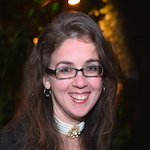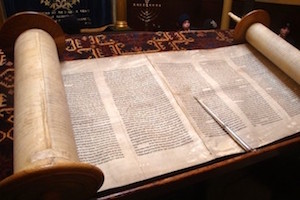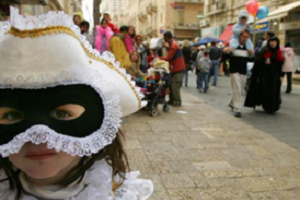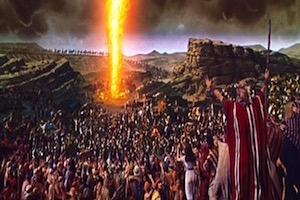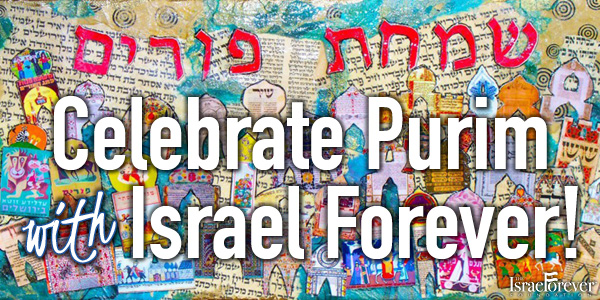Celebrated for Action: Purim Story as a model for today
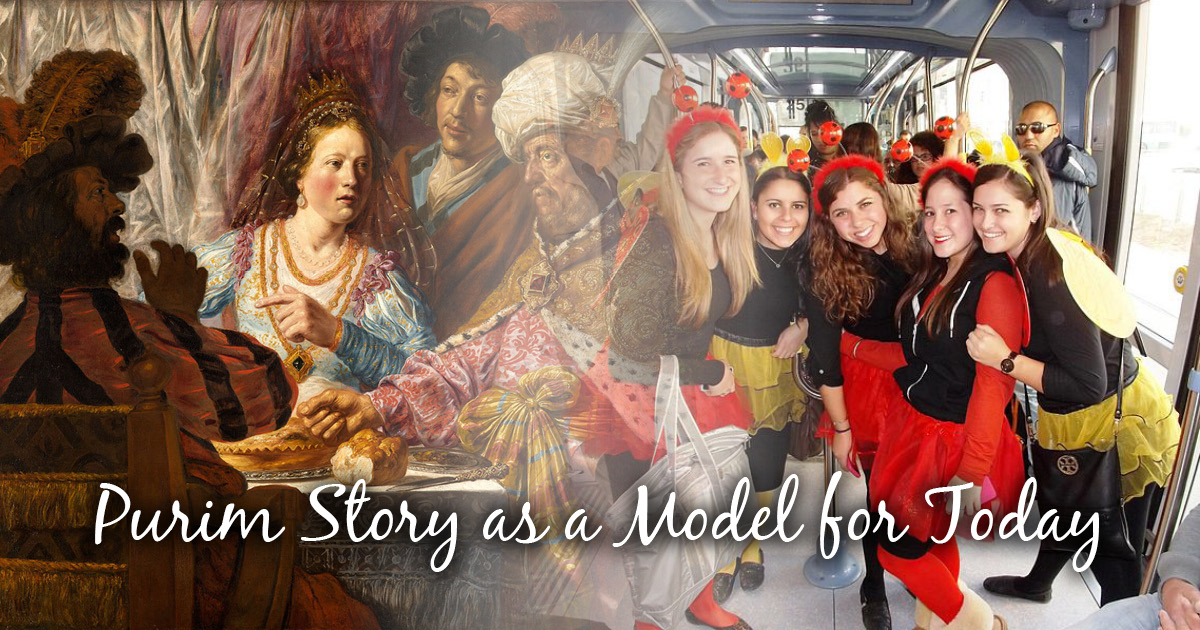
The Purim story is a nice story. A feel-good, Jewish-people-saved-from-destruction win-in-the-end kind of story.
Most Jews find their way to at least one Megilla reading, toss on a fashion statement to get into the spirit, and enjoy the seudah and celebrations. But how many of us spend the time to actually contemplate the story and what it means? Is something that happened approximately in 357 BCE relevant today?
Most of us think of the holiday as a nice folk-story, a fun holiday for kids. We put most of our effort into costumes for the kids, what goes in the mishloach manot and who is having a party. Like many of the holidays, it’s easy to overlook the profound message of Purim.
The stories of Israel are told for a purpose. Many serve as a reminder of events that occurred during the history of our People. All convey lessons that teach us principles and values that shape the identity of the Jewish tribe and do not diminish in relevancy over time.
The story of purim is no different. An attempt to exterminate the Jewish people, more than two thousand years ago - the Jewish people would not have survived to see the Holocaust had this ancient attempted genocide been successful.
Kay Wilson, courtesy of Lenny Maschkowski
The Jewish experience of persecution and survival span the ages and bond between generations. Considered in this light, Purim has a much more profound significance than dressing up and making noise at Haman’s name, sending mishloach manot or even considering the philosophical/religious question of where God was during this event.
“In every generation, they rise up to exterminate us and every time, God saves us from their hands”
The Jewish experience of persecution and survival span the ages and bond between generations. Considered in this light, Purim has a much more profound significance than dressing up and making noise at Haman’s name, sending mishloach manot or even considering the philosophical/religious question of where God was during this event.
Purim has a message very relevant for Jews today: Not to speak is to speak.
Usually this is a message we associate with the Holocaust and the famous poem by Pastor Martin Niemöller:
“First they came for the Socialists, and I did not speak out— Because I was not a Socialist.
Then they came for the Trade Unionists, and I did not speak out— Because I was not a Trade Unionist.
Then they came for the Jews, and I did not speak out— Because I was not a Jew.
Then they came for me—and there was no one left to speak for me.”
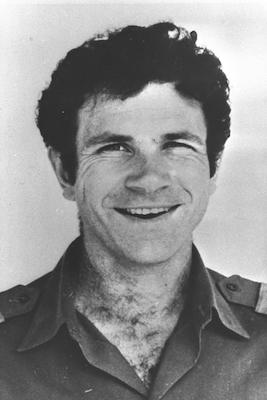
Yoni Netanyahu Copyright © 2018 אוסף התצלומים הלאומי
The poem has gained international recognition, albeit with most not knowing that Pastor Niemoller himself was a vehement Antisemite before Hitler’s rise to power. But his message is not entirely unique. In fact, it appears centuries before, in the book of Esther when Mordecai tells Esther: "Do not imagine you will escape inside the king's house, any more than the rest of the Jews. If you persist in saying nothing at this crisis relief and succor will appear from another quarter but you will perish, you and your family."
And she did. Although she was terribly afraid. Although, it was dangerous to be a Jew and speak for the Jewish people. She put her people above her own security, what was right above what was convenient.
Does that sound familiar?
Queen Esther was a regular Jewish woman who became Queen due to her beauty and charm. She became beloved by the King and had a convenient, comfortable life.
She could have remained silent while her people were slaughtered. Her life would not have changed. She could have ensured the protection of her uncle without speaking for the rest of the Jewish people.
But instead she listened to Mordechai and, although terrified, she revealed her Judaism and asked the King to save her people.
She understood that not to speak was to speak. She understood that the survival of her people was more important than her own personal safety. Bravery does not mean a lack of fear. Bravery is understanding the consequences and choosing to act despite the fear.
Queen Esther is celebrated for the choices she made. In hindsight, it is easy to say that she chose right over wrong but, imagine being in the moment – would you choose to put your life in danger for the good of your people? Would you endanger your family for the survival of Am Yisrael?
In today’s world few are willing to risk their convenience, not mention their lives and yet we wonder why so few spoke up during the Holocaust.
For her bravery we celebrate Queen Esther but are we following in her footsteps? Today we are not witnessing the Holocaust but there are world leaders who advocate for the elimination of the Jewish State. There are individuals who openly declare that the genocide of the Jewish people should have been completed. Antisemitism is again becoming something that is socially acceptable to express in public.
The question is, when do we speak? And when do we need to listen better to what is really being said around us?
The Holocaust did not begin with concentration camps and gas chambers. It began with the indoctrination of individuals, enabling them to place the blame for their misfortune on the “other”, the Jew. It begins with small things that, taken individually may be disagreeable but are “not so bad”.
Purim tells us about the power of one person to change the fate of our people. Esther is not described as particularly brilliant or talented. She is just a woman, with a big heart who, with courage and feminine intuition, changed the world.
Purim tells us about a Jew living in the lap of luxury who chose her people over her own personal convenience.
Purim provides us the example of the feminine heroism of Esther and the leadership of Mordechai. Both were necessary, one could not have saved the Jews without the other.
In a world where Antisemitism is again becoming socially acceptable, where Jews are told that they cannot be both feminists and Zionists and many Jews are afraid to speak out about the injustices against our people – what message could be more relevant?
DISCUSSION QUESTIONS
- What is the connection between Queen Esther, Mordechai, Yoni Netanyahu, Roi Klien and Kay Wilson?
- When you think about heroes, do you think about mythological characters, Marvel Comics or real people? Who do you think Israelis think about when they hear the word "heroes"?
- Can you think of people who spoke up or acted boldly to save others (Jews or non-Jews)?
- Do you think the Jewish people need heroes today?
- Were there times in your life when you should have spoken up and did not? If so, what happened and why? How can we encourage each other to act when it is necessary, even when it might be scary to do so?
Recommended for you:
About the Author
